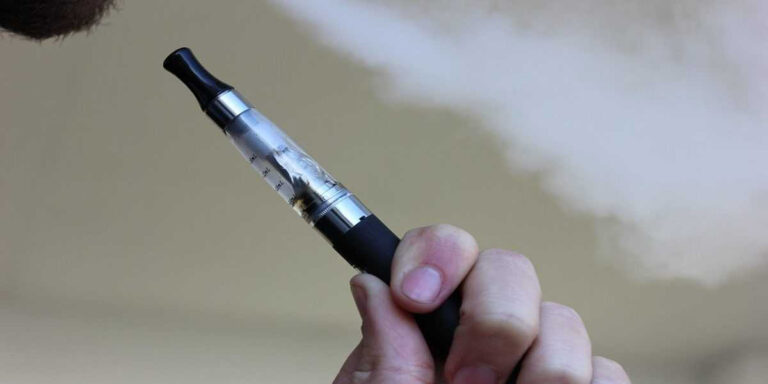Alabama’s legislative body is evaluating a bill to reduce the tax rate on heated tobacco products by 50%, aiming to offer smokers less harmful alternatives and modernize tax codes.
Details of the Bill
Proposed Tax Reduction
Introduced by Representative Rolanda Hollis, the bill advocates for a tax rate on heated tobacco products that is half of that on traditional cigarettes to support the transition to safer nicotine delivery methods.
Rationale Behind the Initiative
The tax adjustment is intended to foster the adoption of innovative, less harmful tobacco technologies, aligning state tax policy with public health objectives.
Support and Opposition
Corporate Backing
Companies like Philip Morris International support the bill, highlighting the comparative reduced risk of heated tobacco products.
Health Advocacy Concerns
Health organizations, including the American Cancer Society, caution against new nicotine products, emphasizing the inherent health risks, especially to youth.
Economic and Fiscal Implications
Impact on State Revenue
The tax cut could significantly decrease Alabama’s tobacco tax revenue, which notably included $108.5 million from a 2023 tobacco settlement.
Effect on Children First Trust Fund
Reduced tobacco taxes might adversely affect funding for the Children First Trust Fund, which supports child-related programs statewide.
Legal and Regulatory Challenges
Compliance Issues
The bill could encounter regulatory challenges due to discrepancies in product classification at federal and state levels, potentially complicating its implementation.
Conclusion
The proposed tax reduction for heated tobacco in Alabama sparks a complex debate on balancing public health priorities with technological advances in nicotine products. The outcome will significantly influence public health policy and state financial health.


















